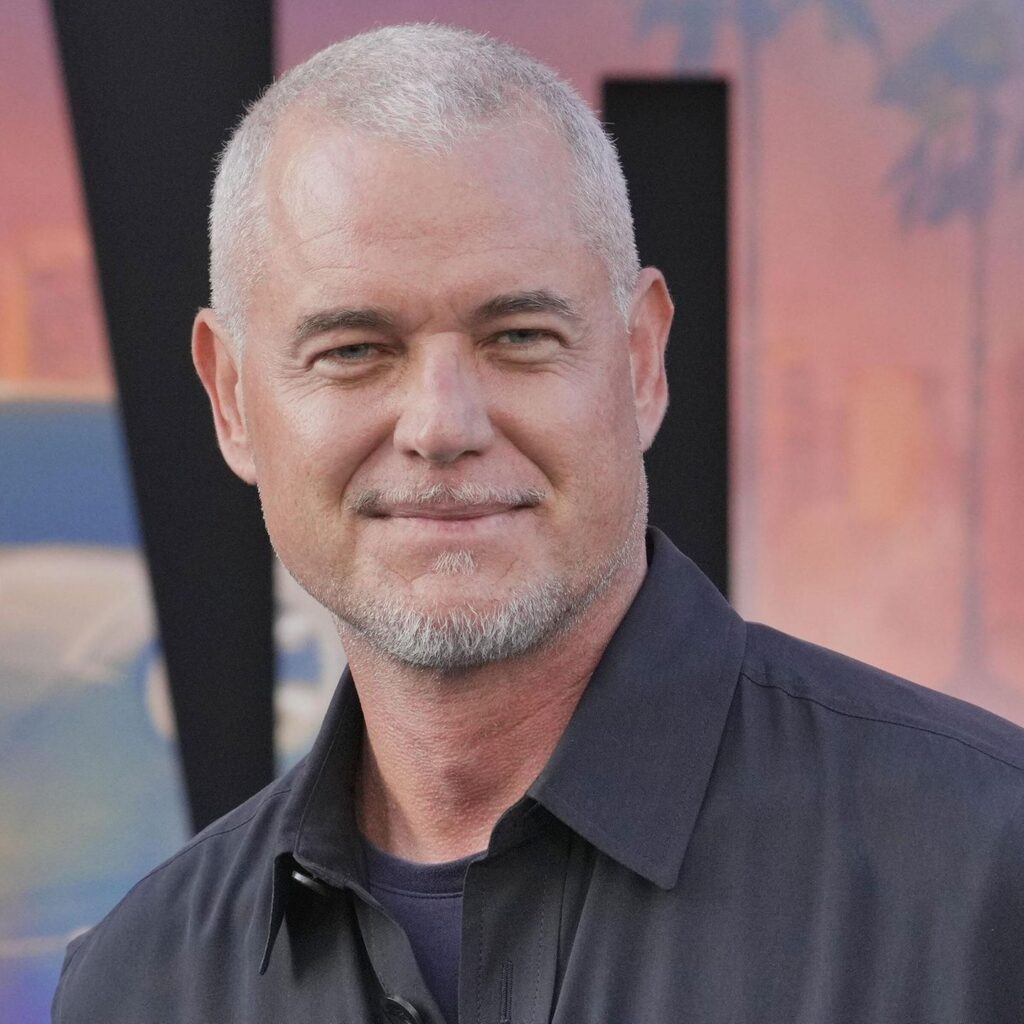
Introduction
Eric Dane, the celebrated actor known for his roles in popular television series and films, has recently come into the spotlight due to his battle with Amyotrophic Lateral Sclerosis (ALS). This devastating neurodegenerative disease has affected thousands, and Dane’s public acknowledgment of his condition has sparked important conversations about awareness, research, and support for those impacted by ALS. The significance of his case highlights the increasing need for public education and understanding of this condition.
Understanding ALS
ALS, often referred to as Lou Gehrig’s disease, progressively affects nerve cells in the brain and spinal cord, leading to loss of muscle control and ultimately, physical function. According to the ALS Association, approximately 20,000 Americans are currently living with the disease, with around 5,000 new cases diagnosed each year. While the exact cause of ALS remains unclear, research continues to explore genetic factors and environmental triggers.
Eric Dane’s Public Disclosure
In a recent interview, Eric Dane revealed that he has been diagnosed with ALS, which has led him to take a more active role in raising awareness about the condition. His candid discussion of his symptoms and struggles aims to demystify ALS for the public and rally support for ongoing research. Since his announcement, Dane has received an outpouring of support from fans and colleagues, amplifying the conversation around ALS.
Advocacy and Impact
In addition to sharing his personal journey, Dane is committed to utilizing his platform to advocate for research and funding. By participating in various awareness campaigns and events, he hopes to inspire others in the entertainment industry to join the cause. Fundraising efforts aim to support organizations focused on ALS research, providing necessary resources for scientists working to understand and potentially cure the disease.
Conclusion
Eric Dane’s bravery in discussing his ALS diagnosis serves as both a reminder of the realities faced by those with the disease and an opportunity to educate the public. As awareness increases, so does the potential for funding significant research initiatives that can change the future for individuals affected by ALS. For readers, keeping informed about ALS and supporting advocacy initiatives can play a critical role in the fight against this disease. As we move forward, the hope lies in community support, continued research, and public discourse that not only honors patients like Dane but drives progress in understanding ALS.



